
In his new memoir, retired basketball player and coach Bill Cartwright dispenses wisdom from a well-lived life. And, as he writes in the final chapter, "I am filled with gratitude for the journey."
Cartwright also devotes one of 16 chapters in the book to looking back at his successful experience coaching the bj-league's Osaka Evessa in 2013.
The third overall pick in the 1979 NBA Draft reflects on his upbringing, his loving family, his humble roots and his rise to stardom as a player, first at Elk Grove High School in Sacramento County, California, and then his success at the University of San Francisco.
A 216-cm (7-foot-1) center, Cartwright collected a paycheck as an NBA player from 1979-95 with the New York Knicks, Chicago Bulls and Seattle SuperSonics.
Along the way, he played for some of the NBA's best coaches. His NBA career began with the Knicks under two-time title-winning bench boss Red Holzman.
"Looking back, I realize how lucky I was to have Red as my first NBA coach," the California native wrote in Bill Cartwright: Living Life at the Center. (Copies of the self-published book are available for purchase on his website.)
What was memorable about Holzman's leadership style?
"He rarely yelled or screamed," noted Cartwright, who now serves as the University of San Francisco's director of university initiatives. "[And] he was a very good basketball teacher; he had to be since we were rebuilding and had several young guys."
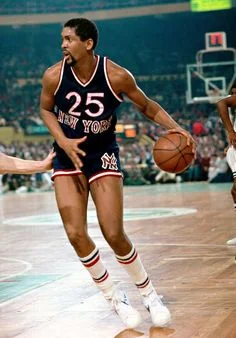
Bill Cartwright Recalls Hubie Brown's Approach to Coaching
During Cartwright's tenure with the Knicks (1979-88), he also played for Hubie Brown, who also left an additional lasting impression on him.
"Hubie was the first NBA coach to hand out scouting reports to the players," Cartwright wrote before adding, "He watched tons of tape. We had some of the most extended film sessions and pre- and post-practice huddles. He would not only talk about the upcoming game and what we should read in the newspaper but also make sure our banking was taken care of or whatever was on his mind at the time."
Cartwright, now 68, also played under head coaches Bob Hill and Rick Pitino during his Knicks years.
His recollections of those years are upbeat and informative, and he dishes out a lot of quick impressions of many people on the Knicks. For example, about Bernard King: "[He] was a great player. Not only was he a prolific scorer, but he was also a great competitor. He was a bad matchup for teams. If the player were taller, he would go around him; if he were his size, he would bully his way to the basket."
Traded to the Chicago Bulls
When Bill Cartwright was traded to the Bulls in June 1988, he was nearly 31 years old. The acquisition bolstered Chicago's frontline, giving the team a rock-solid defender and a value leader in the locker room.
When and where did Bill find out he was no longer a New York Knick?
At Royal Hawaiian hotel in Honolulu, "not five minutes after arriving, I received a phone call," Cartwright recalled. Bulls general manager Jerry Krause was the caller.
Vacation plans changed abruptly.
Cartwright flew from Hawaii to Chicago for an introductory news conference (and he stayed at the Knickerbocker Hotel in the Windy City). Then he went back to the Aloha State to resume his vacation.
Cartwright's sense of humor and work ethic shined through in his descriptions of the season-long grind from the preseason to the playoffs.
Decades after reading articles about his career, it was enjoyable being reminded of his daily routines and his sense of duty.
"On the Knicks, I was a scorer; on the Bulls, I was a defender first and a scorer second," wrote Cartwright, whose No 24 was retired by the University of San Francisco. (All-time great Michael Jordan was the well-established leading scorer for Chicago.)
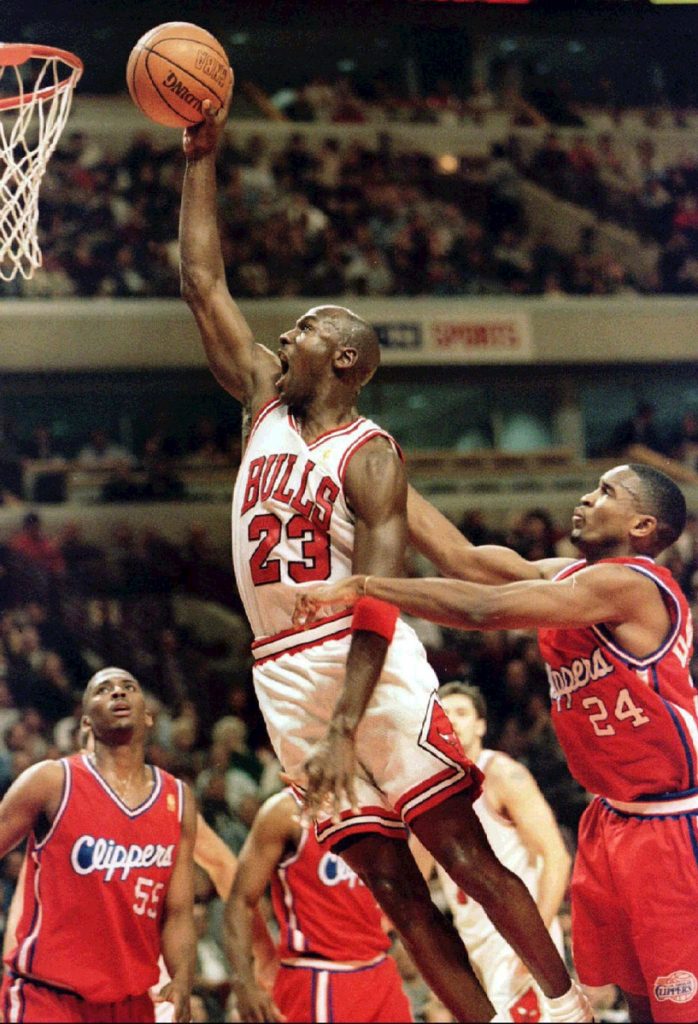
"I was always the first player at practice," Cartwright noted before adding, "I would read my paper and drink my coffee. After practice, I would ice just about every part of my body. The young guys would laugh, and I told them, 'Give life a little more time.' Sure enough, in a few years, they were covered in ice, too."
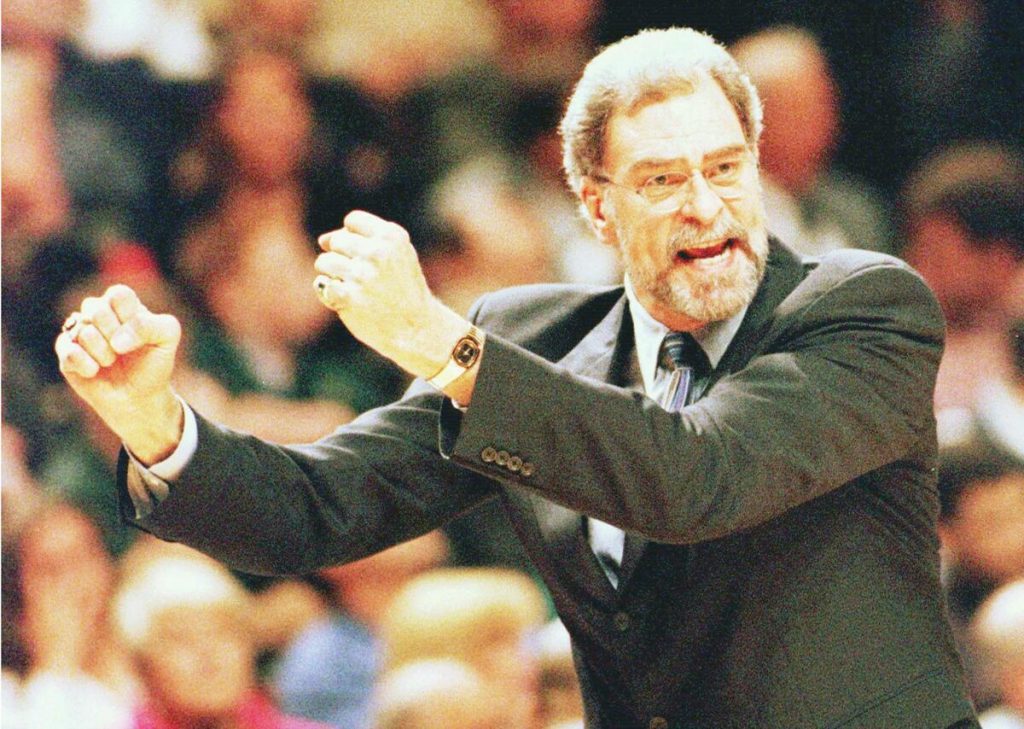
A Coaching Change Transforms the Bulls
The Bulls were destined for greatness. It took a coaching shakeup ― Phil Jackson replacing Doug Collins on the bench in 1989 ― for the team to begin its ascent from a good team to a great team.
Establishing the triangle offense (assistant Tex Winter's offense) and a dynamic defense (fellow assistant Johnny Bach's blueprint) were important aspects of the team's transformation. And, as history demonstrated, the inimitable Jackson was the perfect head coach for this team.
Bill Cartwright was the starting center on Chicago's three straight title-winning campaigns, 1990-91, 1991-92 and 1992-93. He played his final season with Seattle in 1994-95.
After his retirement, the University of San Francisco legend returned to the Bulls, joining Jackson's coaching staff as an assistant and won his fourth and fifth NBA championship rings in the 1996-97 and 1997-98 seasons.
More than a quarter century later, Cartwright reminds readers of the profound impact that GM Krause had on his life.
"Were it not for Jerry trading Charles Oakley [for me] in 1988, I would not have had the opportunity to win three championships with the Bulls and go on that magical ride," Cartwright wrote. "If Jerry Krause had not talked me out of opening a McDonald's franchise and into becoming an assistant coach, I would not have won two more championships as an assistant under Phil Jackson with the Bulls."
The Sustained Greatness of the Chicago Bulls
Succinctly and eloquently, Cartwright summarized the building blocks of the Bulls' title-winning dynasty in his book.
He narrowed it down to 10 things:
- "We had an established mission, which was to win the championship."
- "Trust in each other. People speak their mind without fear or judgment."
- "Embrace diversity. Diversity is a strength, not a weakness."
- "Be accountable and take ownership."
- "Collaboration is key. The band has to play together."
- "Lead by example."
- "Culture of teaching and learning."
- "Pushing yourself to be better."
- "Being a great teammate."
- "High expectations. Expect to win every game you play."
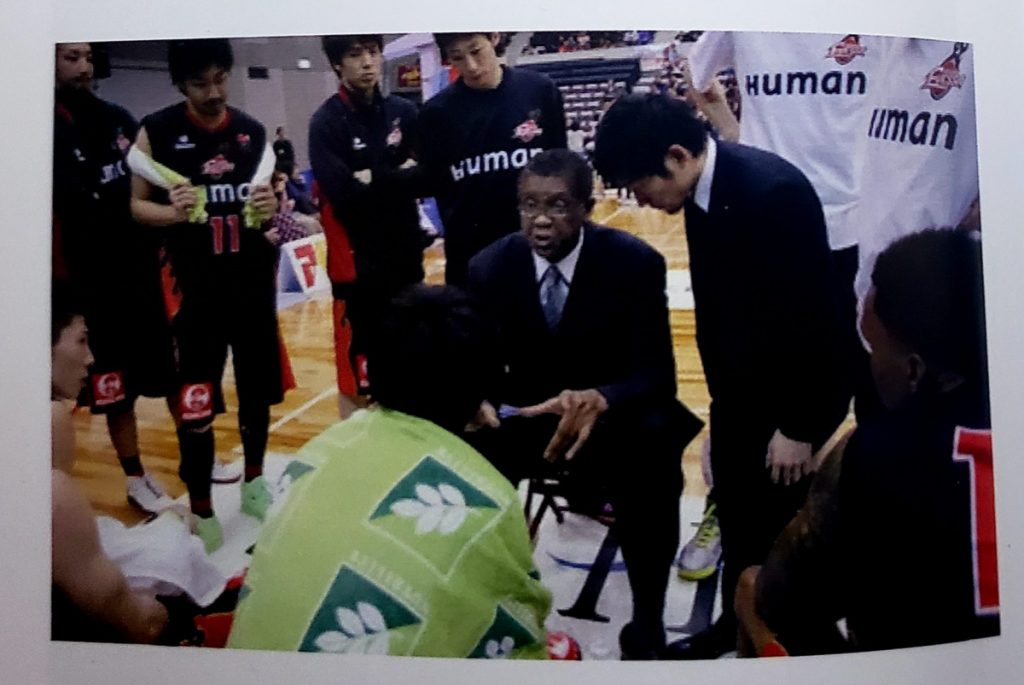
An Opportunity to Lead the Osaka Evessa
The bj-league era, one marked by new expansion teams every year, concluded with the 2015-16 season. After that, the league merged with the NBL (formerly the JBL) to form the B.League. FIBA, basketball's world governing body, forced the rival leagues to merge in order for Japanese basketball to establish a legitimate hierarchical structure. That overhaul included the B.League setting up first, second and third divisions.
In the now-disbanded bj-league, the Evessa were the original powerhouse team, winning the first three titles in the 2005-06, 2006-07 and 2007-08 seasons.
Fast forward to the 2012-13 campaign. Osaka opened the season with a 5-19 record with Takao Furuya as the head coach. It was having, by far, its worst season ever. The team needed a change of leadership.
It's funny how personal connections are made, how relationships are established in unlikely places.
As Cartwright noted, he held a basketball camp in Iowa "a while back" and at the event he met Japan-based American sports agent Todd Wiley.
Wiley got in touch with Cartwright, inquiring if Bill would want to coach in Japan. And that planted the seed for the former Chicago Bulls assistant (1996-01) and head coach (2001-03) to formalize a deal to take over as the Evessa's new coach in January 2013.
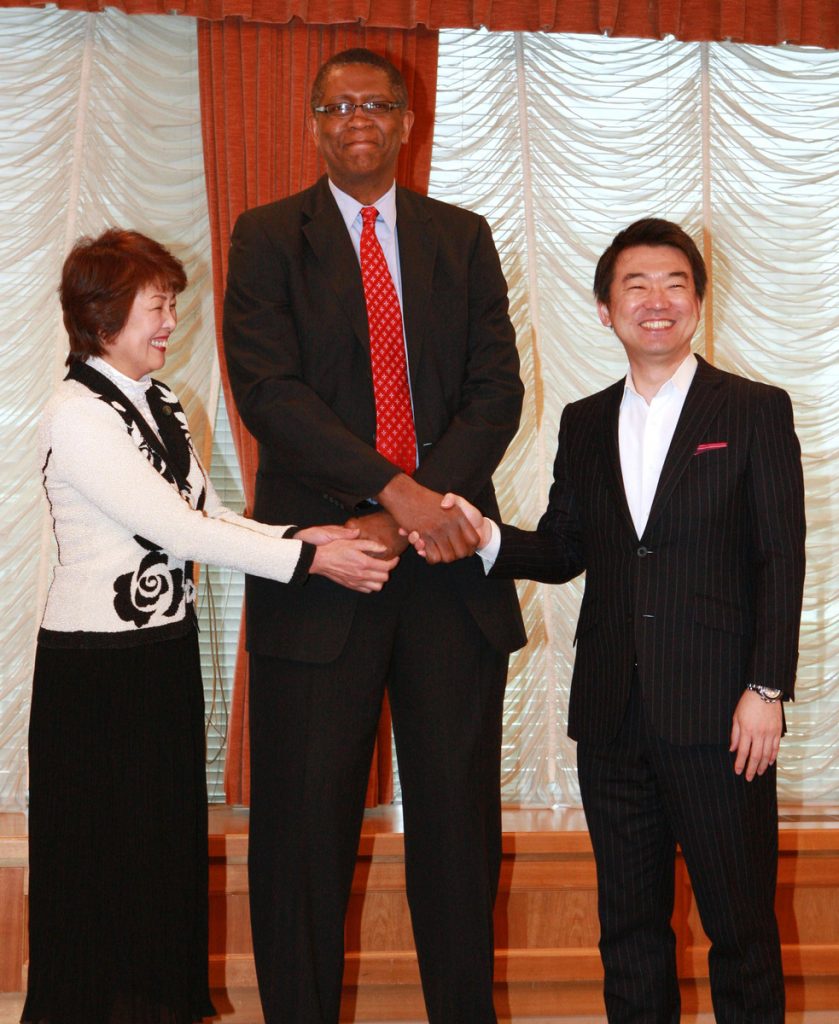
Osaka had a quartet of former NCAA Division I players on the under-performing roster: Rick Rickert, Mike Bell, Dwyane Lathan and Nathan Walkup.
The team's "talent level had played a factor in my agreeing to coach the team, but the decision was prompted as much by a feeling that I was being led to Japan," wrote Cartwright, who was a Phoenix Suns and New Jersey Nets assistant coach after leaving the Bulls.
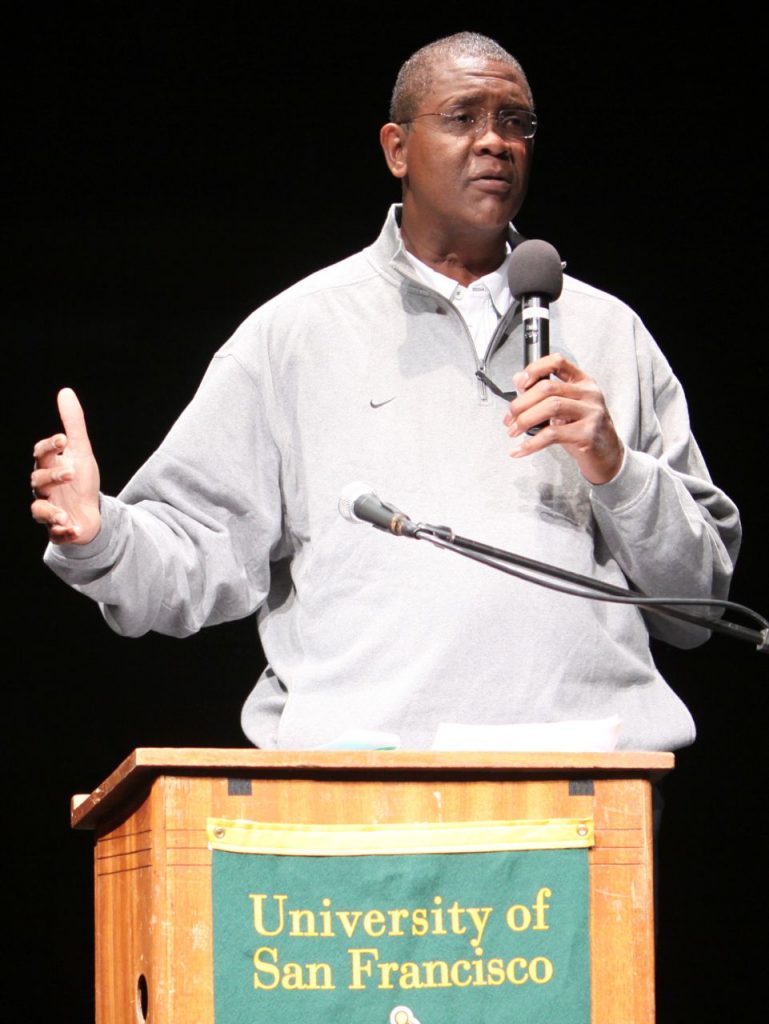
How Bill Cartwright Rebuilt the Osaka Evessa
As a sports reporter since the early 1990s, witnessing Osaka's rapid transformation from a cellar-dwelling team to a strong squad was one of the most impressive turnarounds I've ever seen.
The team wasn't practicing enough under past management, taking Mondays and Tuesdays off, with only regular practices twice a week.
Cartwright instituted a harder training regimen — Tuesday through Friday, and these workouts lasted at least 2½ to 3 hours.
"I focused on giving them a format and philosophy to play out defensively and offensively," he recalled. "Secondly, our team needed an identity. Our identity was that we would be a defensive team and would be attackers."
Indeed, the team had a distinct style.
"Attack first, shoot second," explained Cartwright. "Offensively, where it was trendy to be a 3-point shooter, we would be a team that attacked the basket first ― that's old-school basketball."
It was the perfect recipe for the Evessa, who shortly after Cartwright's arrival won 10 games in a row. They closed out the season with a 17-11 record with their new coach at the helm.
"In coaching these guys, it occurred to me that basketball is a universal language," Cartwright stated. "Once we were on the floor, everyone was the same, was treated the same, and was taught the same way. We had a learning atmosphere, and our expectation level was very high. The camaraderie that was formed was through hard work and learning."

Parting Thoughts
One of the minor hallmarks of this book that I like are the selected quotes on each of the chapter title pages. These words add additional impact to the focus of each chapter.
Here's some of the quotations Cartwright selected for this purpose:
- "Families are eternal."
- "Your attitude will determine your life."
- "Be your biggest fan."
- "Talent wins games; teamwork wins championships."
- "Don't count the days; make the days count."
- "Getting good players is easy. Getting them to play together is hard." (Osaka Evessa chapter)
In reading this book's Japan section, I was happy to revisit a memorable chapter in my reporting career. I enjoyed several interviews with Bill in 2013.
And it was nice to be reminded that Bill Cartwright enjoyed the chance to work on the other side of the world thousands of miles from the nearest NBA arena.
"Japan was a great experience in every way," he wrote in the book. "In coaching, I was shown that everything I had learned and believed in had worked. In the end, we had just missed the playoffs; we had too much ground to cover."
RELATED:
- ODDS and EVENS | Japan Exits FIBA Asia Cup with Disappointment
- Osaka Evessa Newcomer Hyunjung Lee Exhibits Talent from the Get-Go
Author: Ed Odeven
Find Ed on JAPAN Forward's dedicated website, SportsLook. Follow his [Japan Sports Notebook] on Sundays, [Odds and Evens] during the week, and X (formerly Twitter) @ed_odeven.

Nagoya Basho Tournament Records
| Day | Opponent | Result |
|---|













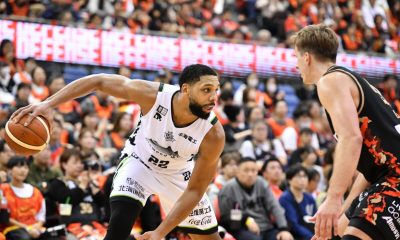

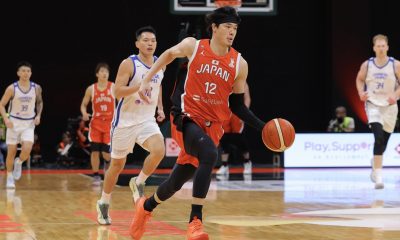

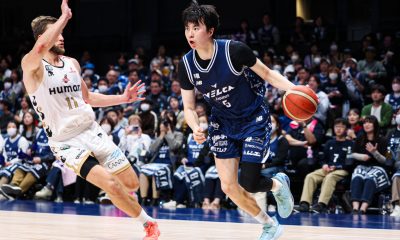

You must be logged in to post a comment Login